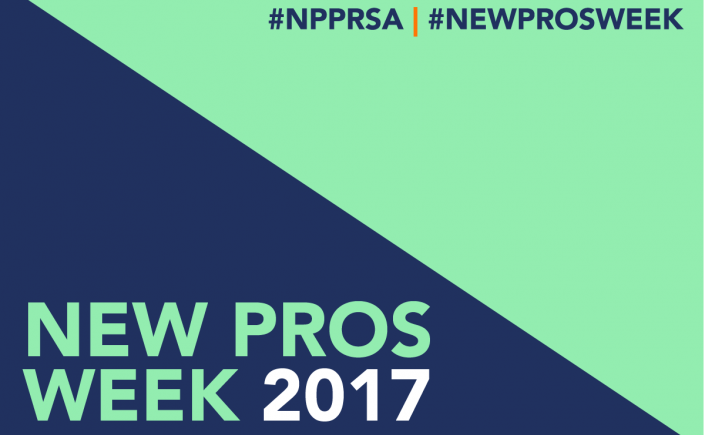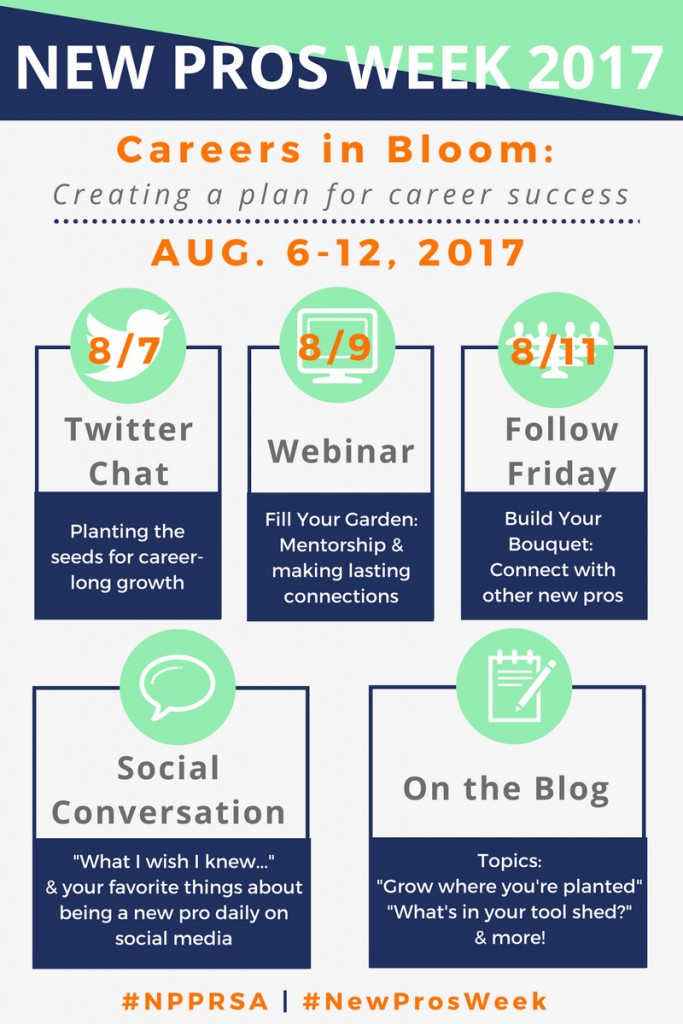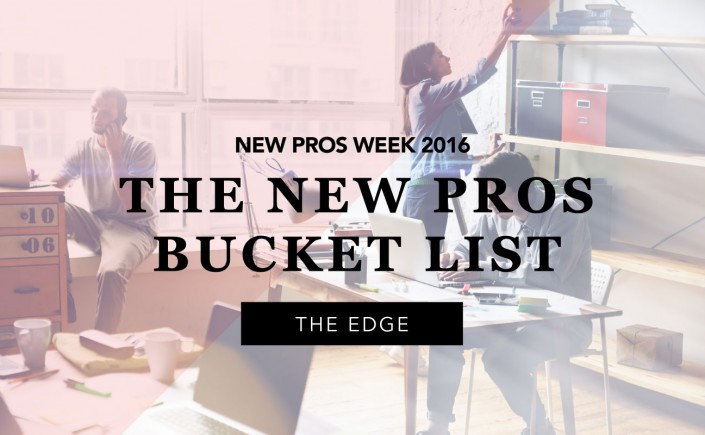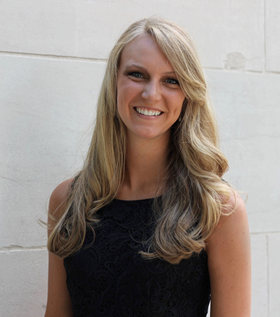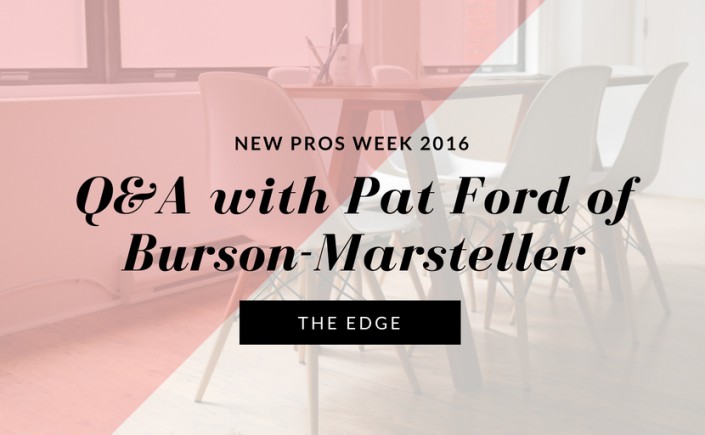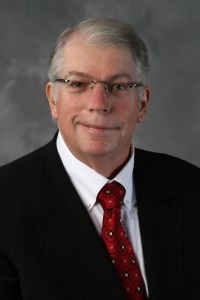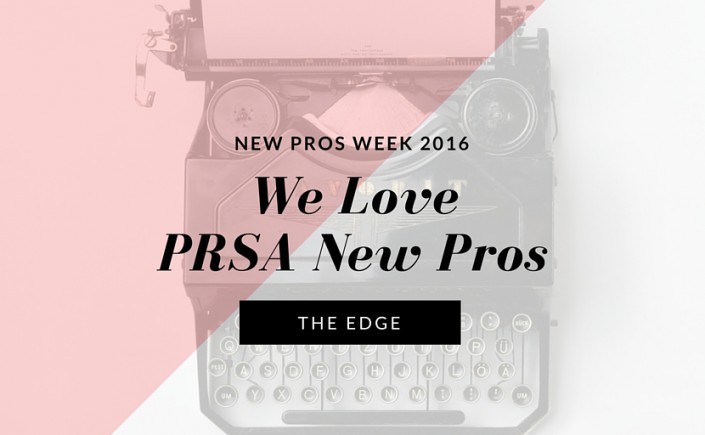“Every story is different; you can’t compare yourself to everyone else.”
This is a phrase I have heard more times than I can count over the past 15 months — a phrase that is 100 percent true.
When I graduated from college on May 1, 2015, I was feeling the way many of you might be feeling today. Or maybe you are one of those who graduated from college with the security of knowing what your next step was. If that’s you, congratulations! If that’s not you, trust me, every story and path to success is different. Here’s my story and advice for those new graduates looking for their first job:
The End of the Beginning
I remember my senior year like it was yesterday; the late nights and early mornings in Reese Phifer Hall, The University of Alabama’s College of Communication and Information Sciences building — my home for four years.
Perhaps you were heavily involved in extracurricular activities such as student organizations, clubs, sports, or represented your school through ambassador programs; whatever the case, you knew that you were gaining experience throughout your college years that would set you apart post-graduation.
Well, that was me. I served as vice president of PRSSA at Alabama. I had an internship at a local (Tuscaloosa, Alabama) strategic communications agency, which became a part-time job during my senior year. I was padding my resume with all of this experience, and I knew I’d have no trouble landing that first full-time job. I knew I would soon be on my way to a meaningful and successful career.
Don’t get me wrong – being involved in student organizations and having internships are two of the best ways to set yourself apart from others when searching for a job. But that’s only the first step.
Fast forward to post-graduation and what I know now: Your resume alone will not land you a job. Your resume and the impressive experience you have under your belt may only be enough to secure an interview. When you’re in the interview, you need to prove your worth and why you’re the perfect match for the job.
The Uncertainty of Post-Graduate Life
Here’s where it gets tough. Here’s where each day without a solid lead or connection for a new job induces anxiety, stress and panic.
The days started rolling by, and I still wasn’t anywhere close to landing a full-time job. I woke up each day not knowing if I’d hear good news or if I would go to bed that night with the same pessimistic mindset that I would never get out of this slump. My friends were all getting jobs, and I was batting .000, striking out with every at-bat. I’d start to doubt my abilities and worthiness and wonder why I hadn’t found a job like everyone else I graduated with. It even seemed like younger students were walking into internships with the door held open for them, and every door seemed to be shut in my face.
This is where it gets tough, but remember, every story is different.
What I know now: With every step in the right direction, you will eventually make it to your destination. My parents used to always tell me that everything would work out in the end if I stayed positive and kept working toward my goals. They were right, everything worked out. It always works out in the end.
Not Where You Want To Be
Like I said, every story is different. Fortunately, I was able to keep a post-grad, part-time job at the aforementioned strategic communications agency, but I had bigger plans. I had plans to leave the Southern comfort and hospitality that I grew up in and find my way in a city full of driven and hungry professionals. While in Tuscaloosa, I was fortunate enough to have a boss that motivated and encouraged me to chase my dreams.
The problem: I couldn’t find any opportunity that would open doors. The solution: I had to create those opportunities.
What I know now: Creating opportunities is key. For me, it meant networking and meeting professionals who were willing to share their own advice with me. However, I met so many people during my job search that it began to seem pointless… until I met someone willing to mentor me, encourage me and support me along the way. Thanks, Patrick!
What You Need to Know Now
If someone had told me that it would take over a year after graduation to find my first job, I would have been shocked, only because we’re told early on in college that if we get involved and be proactive about gaining experience then we will be fine.
My story is different. I had to fly to different cities and schedule informational interviews. I had to make networking my full-time job. I had to knock on as many doors as possible to finally have one open. For some reason, my work experience just wasn’t getting me anywhere.
After a long year of getting my hopes up, getting rejected and getting discouraged, I am proud to finally say that I am working in sports and entertainment PR with some of the industry’s brightest and most passionate people.
So, to each and every new college graduate reading this, here’s what you need to know:
- Most job opportunities won’t work out — that’s fine. Don’t be discouraged with 100 rejections; it only takes one offer to outweigh all the rejections.
- Get out there and meet people who will share their experience and advice with you. You just might meet someone willing to mentor you and guide you along the way like I did.
- Never give up on your dreams — reaching your goals will never be a smooth, straight road, just keep moving forward. I finally landed the job I had been dreaming about – the journey to my job now is worth every up and down along the way.
- Don’t compare yourself to others. Everyone’s story is different, and that’s what makes it so great. So what if your classmates already have a job? Your time will come…just keep pushing forward.
- Enjoy 1 – 4. My friends can tell you I spent most of my job search stressed out and worried. Remember, it will work out in the end so enjoy the ride.
Today I find myself at Ketchum, more specifically, Ketchum Sports & Entertainment (KSE). Looking back, I can say that I wish I had known then what I know now — that it always works out in the end. Sometimes you just have to make it happen for yourself. So when it seems like everyone else around you is moving on, starting their careers and establishing themselves, just remember: every story is different; you can’t compare yourself to everyone else.

Doug is currently an account coordinator at Ketchum, specifically Ketchum Sports & Entertainment (KSE). He holds a Bachelor of Arts in Communication and Information Sciences, Public Relations from the University of Alabama. Connect with Doug on Twitter and LinkedIn.

